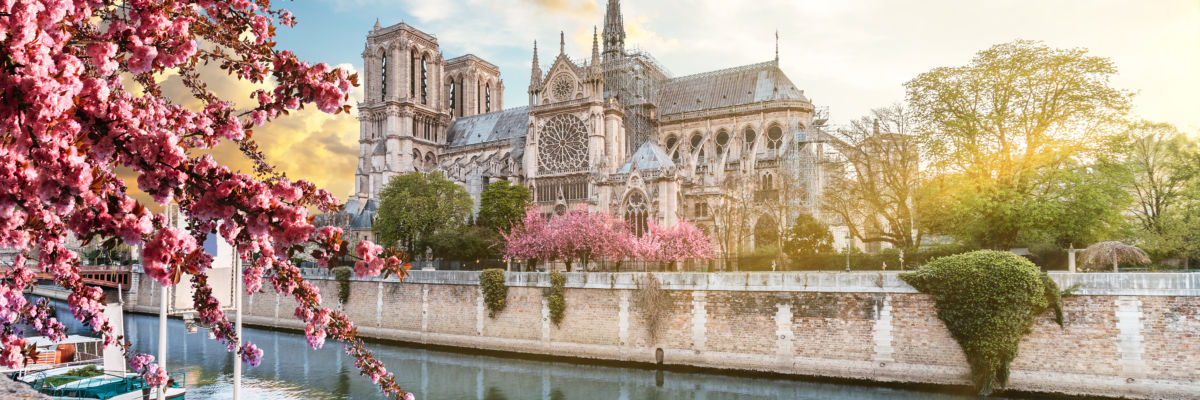
The conversion of French writer Paul Claudel was sudden and profound. On a Christmas Eve when he was 18 years old, he attended Vespers at Notre Dame de Paris. As the choir was singing the Magnificat, he writes, “In an instant, my heart was touched and I believed. I believed with such force, with such relief of all my being, a conviction so powerful, so certain and without any room for doubt, that ever since, all the books, all the arguments, all the hazards of my agitated life have never shaken my faith, nor to tell the truth have they even touched it.”
Although Claudel’s response to beauty was more dramatic than most, there is no doubt that many conversions have begun with a response to the beauty of the liturgy—in particular its music. Tragically, as Anthony Esolen so poignantly describes on page 12, the liturgical music at most parishes would hardly inspire such conversion. The misguided efforts of the last four decades to make the Mass more accessible to ordinary people has resulted in Catholics who can’t sing and music that doesn’t.aspire so much to beauty as to entertainment.
Thankfully, the tide seems to be turning. I read Claudel’s story in a Vatican document called “The Via Pulchritudinis, Privileged Pathway for Evangelization and Dialogue. “Via Pulchritudinis means “Way of Beauty,” and the purpose of the document is well summarized in one of its paragraphs:
The communicating capacity of sacred art renders it able to break down barriers, filter prejudices, and reach the heart of people from different cultures and religions and let them perceive the universality of the message of Christ and his gospel. When a work of faith-inspired art is offered to the public within its religious function, it is a “via,” a pathway of evangelization and dialog.
It is especially in the context of the liturgy that beauty can touch the human soul, so “superficiality, banality, and negligence have no place in the liturgy. They not only do not help the believer progress on his path of faith but, above all, damage those who attend Christian celebrations.” Bad music does damage. It blocks conversion. The document asks: “Is not kitsch culture only a typical outcry of those living in fear of responding to the call to undergo a profound transformation?” Giving that kitsch culture a home in our liturgies has been a devastating mistake, a mistake that is increasingly being recognized and addressed.
The Church must recover its magnificent artistic patrimony, especially its musical patrimony. This is of no small import: Souls are at stake. Via Pulchritudinis puts it this way: “Is not the task of saving beauty that of saving man? Is this not the role of the Church, expert in humanity and guardian of the faith?”



